You may think that time started 13.8 billion years ago at the birth of the universe, but physicists with alternative definitions of time have other ideas.


You may think that time started 13.8 billion years ago at the birth of the universe, but physicists with alternative definitions of time have other ideas.
Video made with Kling 1.6, Gen-3 (Runway)
From images made with Frames (Runway)
Music by me (without ia wink only with the software Reacktor (Native Audio)
For some part of the Sound Design I used MMAudio (ia)
Video editing on iMovie.

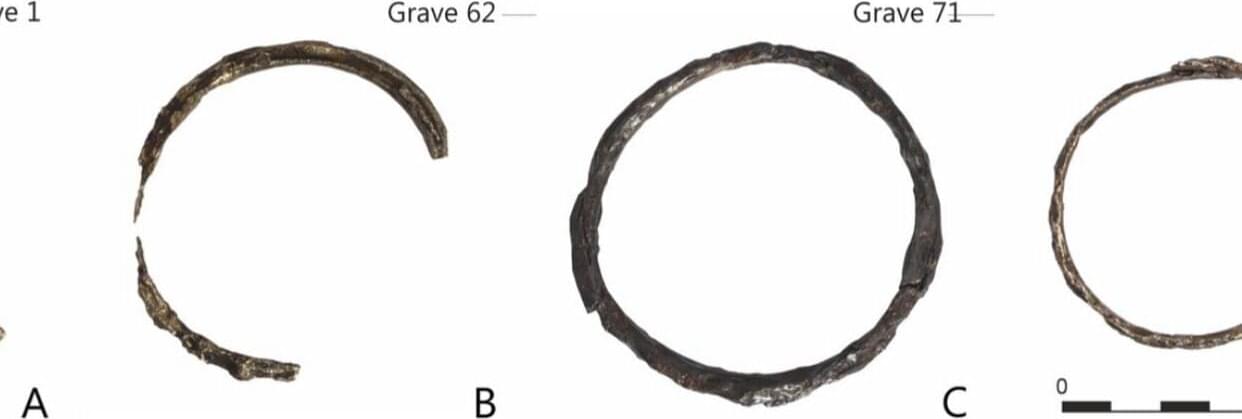
A recent study by Dr. Albert Jambon and his colleagues, published in the Journal of Archaeological Science: Reports, revealed the presence of meteoric iron in Early Iron Age ornaments in Poland.
According to Dr. Jambon, the study was prompted by the desire to know the origin of iron smelting. “The point of my research is to find out who, when, and where the iron smelting was discovered. To that end, we need to analyze archaeological irons and check whether they are meteoritic or smelted.”
To do this, two Early Iron Age cemeteries and their iron artifacts, Częstochowa-Raków and Częstochowa-Mirów, both located in southern Poland, were analyzed.
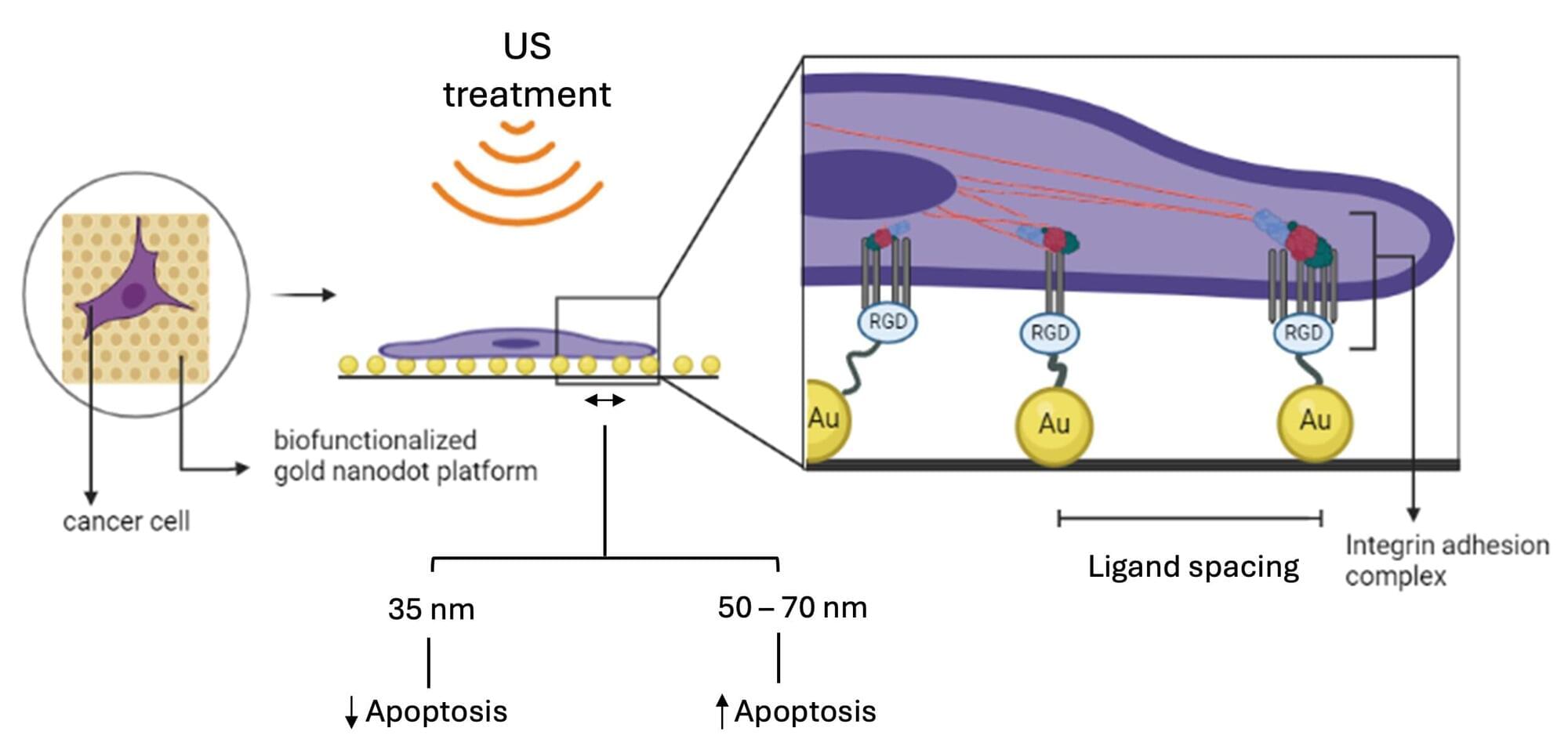
Cells have surface receptors called integrins that bind to repetitive domains present on the extracellular matrix (ECM) surrounding the cells, allowing them to grow and spread. A new study from the Department of Bioengineering (BE), Indian Institute of Science (IISc) and collaborators shows that tweaking the spacing between these binding domains on the ECM can boost the efficiency of ultrasound treatment applied to kill cancer cells.
“In a normal tissue, the spacing on the ECM is around 50–70 nanometers (nm), but in the tumor microenvironment, severe choking occurs due to excessive ECM secretion, which may reduce the binding spacing to below 50 nm,” explains Ajay Tijore, Assistant Professor in BE and corresponding author of a related study published in Nano Letters. “We found more cancer cells being killed when the binding spacing is increased to around 50–70 nm.”
Low-frequency ultrasound waves (39 kHz) can disrupt the cell membrane and trigger cell death in cancer cells. It is a relatively low-cost and non-invasive approach. Unlike normal cells, cancer cells do not have repair mechanisms that help them withstand the mechanical forces exerted by ultrasound waves.
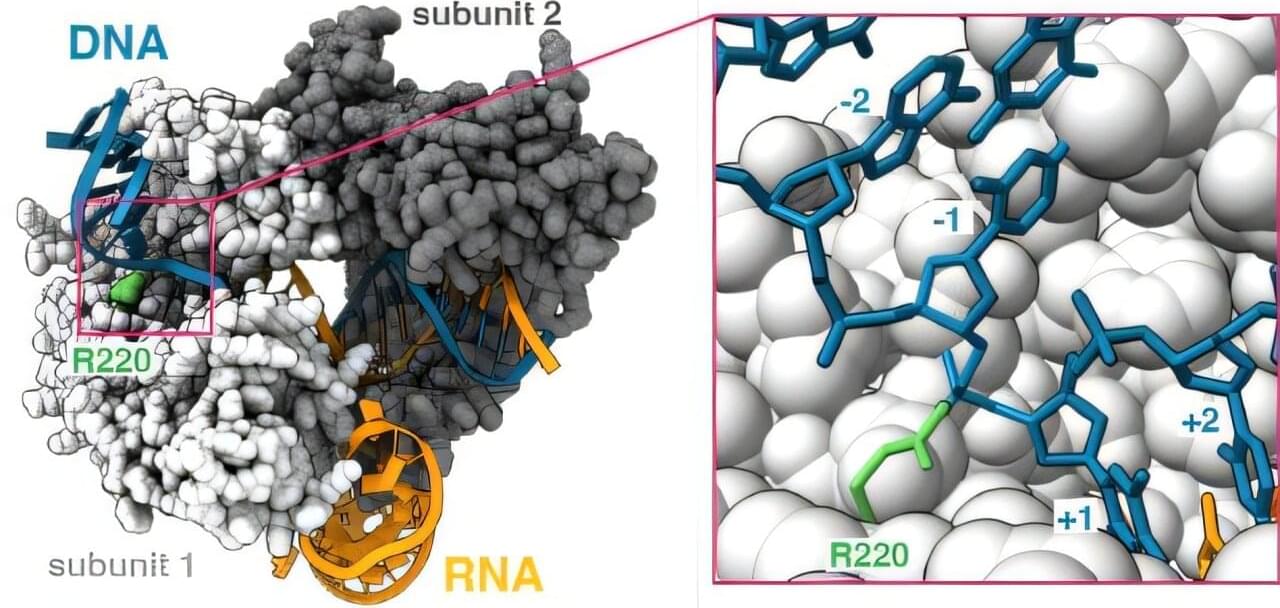
Mammoth Biosciences researchers have developed NanoCas, an ultracompact CRISPR nuclease, demonstrating its ability to perform gene editing in non-liver tissues, including skeletal muscle, using a single adeno-associated virus (AAV) vector. Experiments in non-human primates (NHPs) resulted in editing efficiencies exceeding 30% in muscle tissues.
CRISPR gene editing has revolutionized genetics, but delivery challenges have restricted its clinical applications primarily to ex vivo and liver-directed therapies. Conventional CRISPR nucleases, including Cas9 and Cas12a, exceed the packaging limits of a single AAV vector, necessitating dual-AAV strategies that reduce efficiency.
Smaller CRISPR systems such as Cas12i and CasX have been identified, but they remain too large or exhibit low editing efficiency. Existing compact systems like Cas14 and IscB have not demonstrated robust efficacy in large animal models.
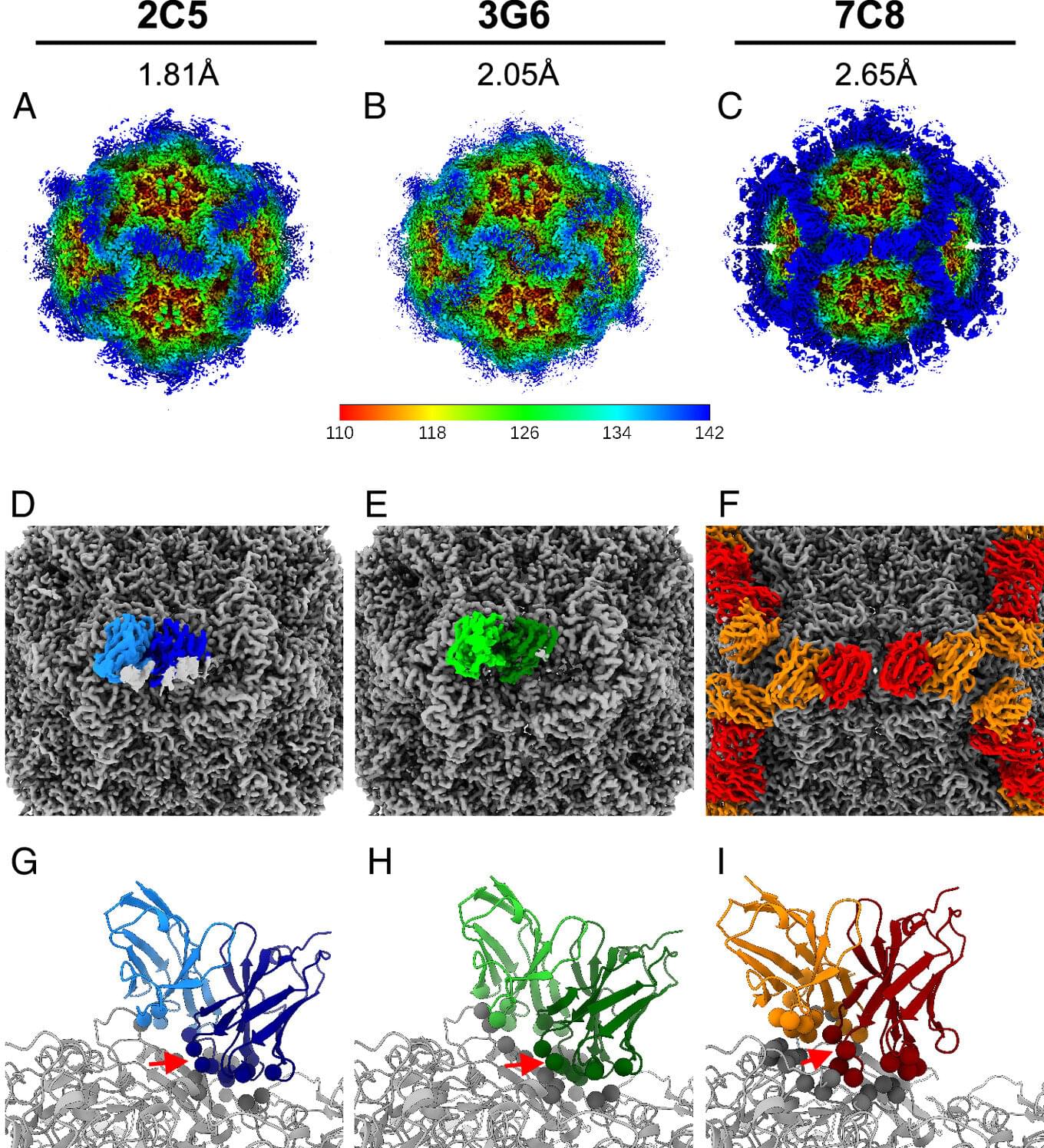
In 1978, parvovirus—then common to cats—started infecting dogs in Europe. The virus spread quickly around the globe, killing hundreds of thousands of dogs, mostly puppies—until a team of Cornell researchers led by the late Leland “Skip” Carmichael developed a vaccine, the derivatives of which are still used today.
“It was really at the time a worldwide relief, a miracle,” said Colin Parrish, interim director of the Baker Institute for Animal Health, who joined Carmichael’s lab as a graduate student in 1980 and is now senior author of a new study that continues to advance our understandings of the virus and how the vaccine works.
The paper, published Feb. 14 in Proceedings of the National Academy of Sciences, shows how host antibodies bind to parvovirus and neutralize it. The findings shed light on fundamental interactions between viruses and their hosts, and open new doors for improving current vaccines and treatments for infected animals.
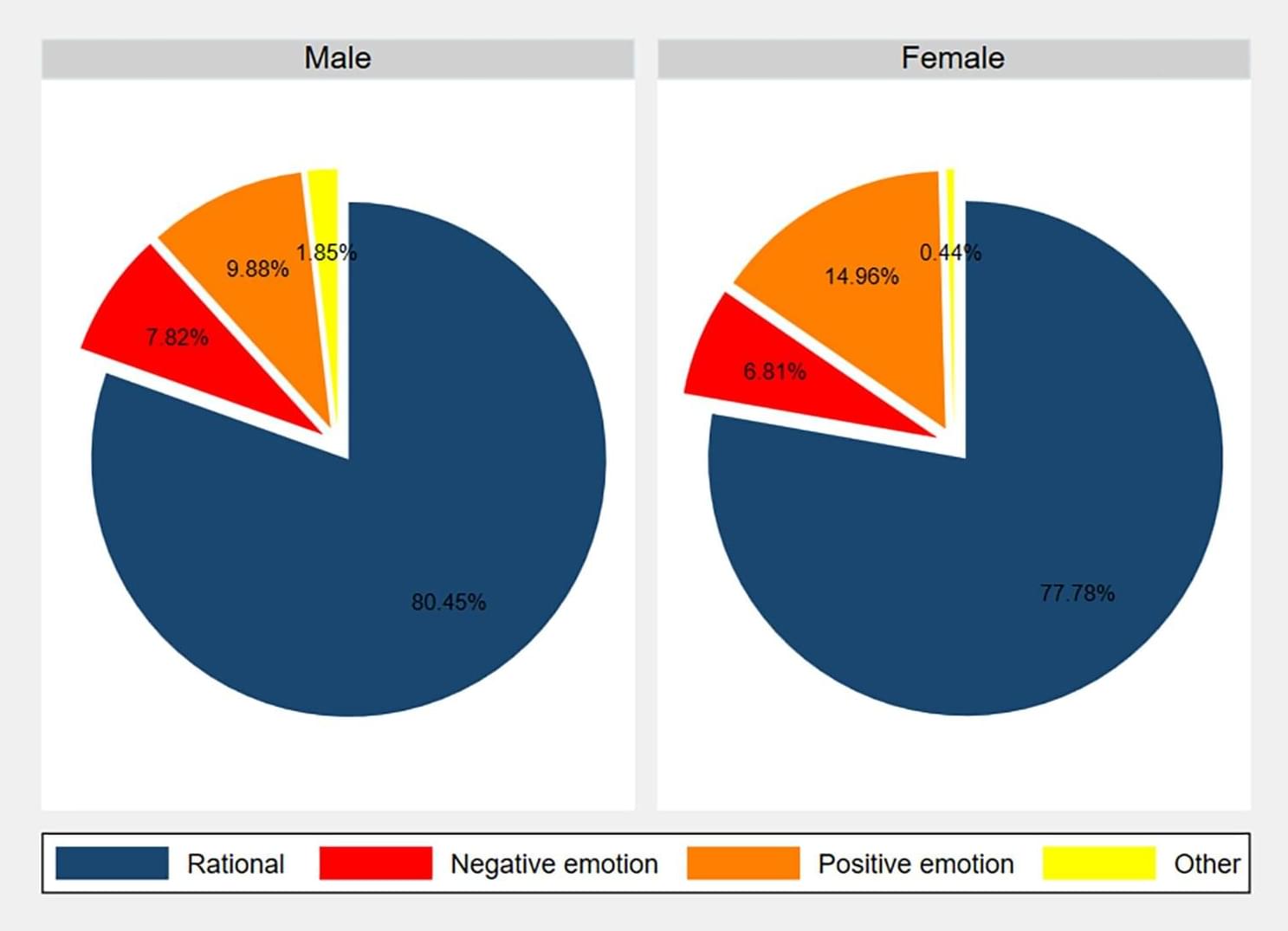
A group of psychologists and economists at Jaume I University, in Spain, has found evidence that women are more generous than men. In their study published in the open-access journal PLOS ONE, Iván Barreda-Tarrazona, Ainhoa Jaramillo-Gutiérrez, Marina Pavan, and Gerardo Sabater-Grande conducted experiments with volunteers playing “the Dictator Game.”
Prior research has suggested that men and women are nearly equal regarding financial generosity. But the team noted that virtually all such studies have involved small numbers of volunteer participants. In this new work, the group attempted to learn more about gender-based generosity by recruiting 1,161 volunteers to play the Dictator Game, and used the results to measure generosity.
The Dictator Game is a type of ultimatum game developed by psychologists to determine if people act solely out of self-interest. Players are given a certain amount of money and are asked if they would like to share some or all of it with a second, anonymous player. The second player is at the mercy of the first; they will receive only the amount offered by the first player.
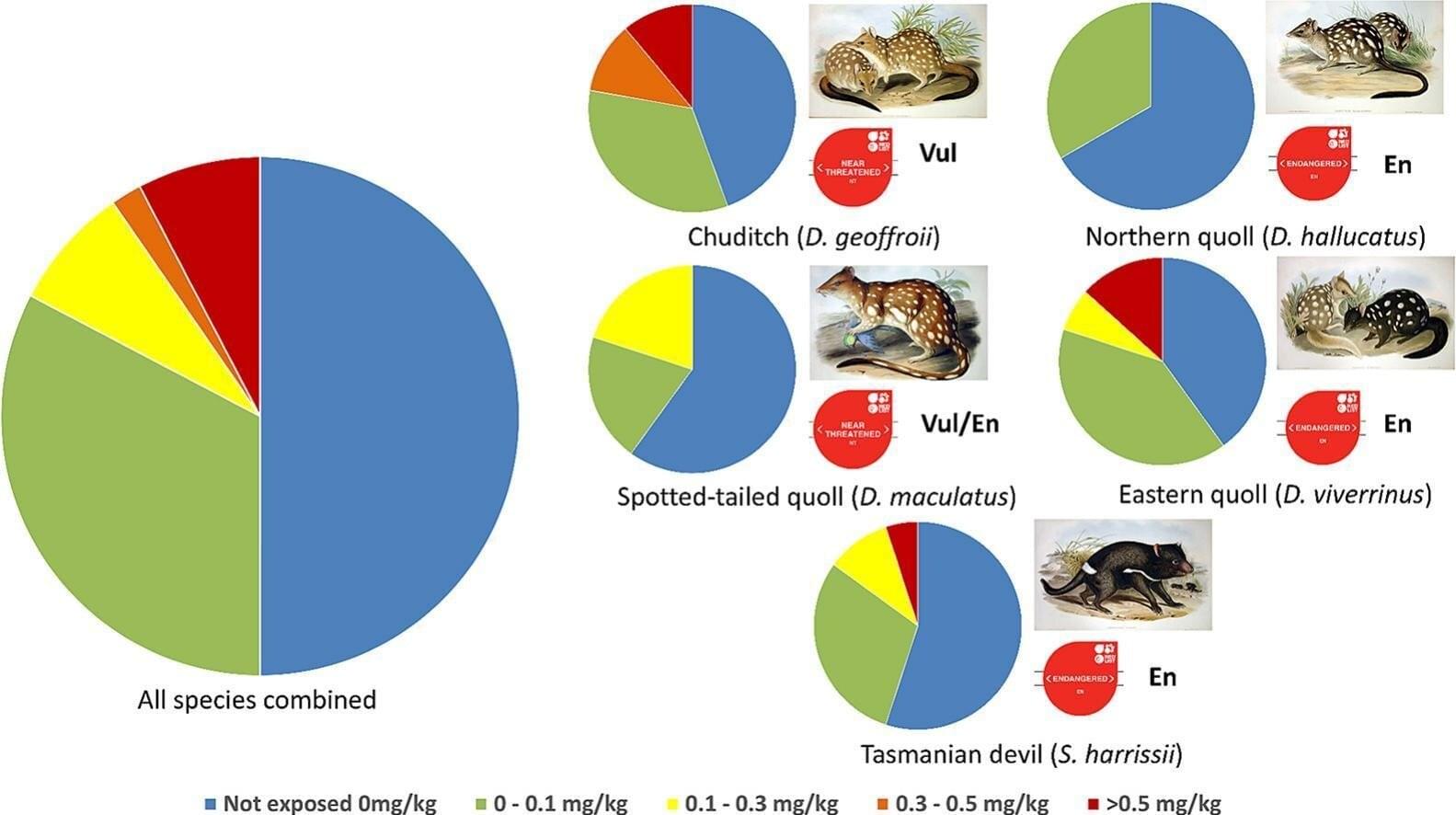
Humans have been poisoning rodents for centuries. But fast-breeding rats and mice have evolved resistance to earlier poisons. In response, manufacturers have produced second generation anticoagulant rodenticides such as bromadiolone, widely used in Australian households.
Unfortunately, these potent poisons do not magically disappear after the rodent is dead. For example, it’s well known owls who eat poisoned rodents suffer the same slow death from internal bleeding.
Our new research, published in the journal Science of The Total Environment, shows the problem is much bigger than owls. We found Australia’s five largest marsupial predators—the four quoll species and the Tasmanian devil—are getting hit by these poisons too.
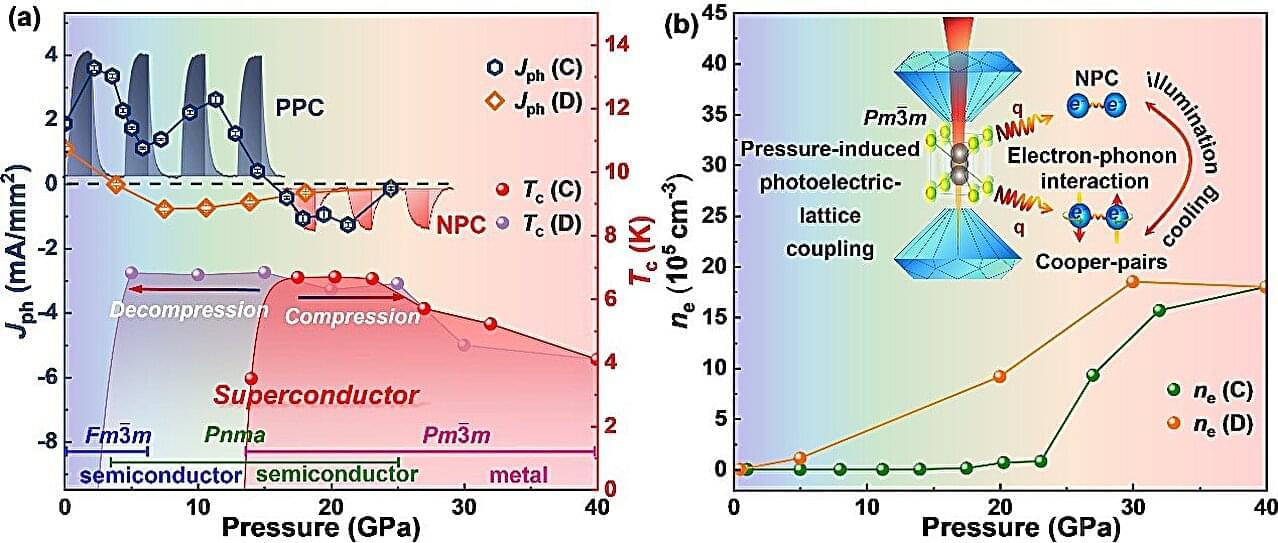
A research team led by Prof. Wang Xianlong and Dr. Wang Pei from the Hefei Institutes of Physical Science of the Chinese Academy of Sciences has discovered a concurrent negative photoconductivity (NPC) and superconductivity in PbSe0.5 Te0.5 by pressure-induced structure transition. The study has been published in Advanced Materials.
NPC is a unique phenomenon where the conductivity of a material decreases due to the trapping of charge carriers in localized states, leading to a reduction in the number of free carriers, which is contrary to the more common behavior of positive photoconductivity (PPC).
Though NPC holds great promise in next-generation semiconductor optoelectronics and its application potential has recently reached far beyond photodetection, the phenomenon has rarely been reported. In particular, concurrent NPC and superconductivity are rarely observed at high-pressure due to the lack of in situ experimental measuring facilities.